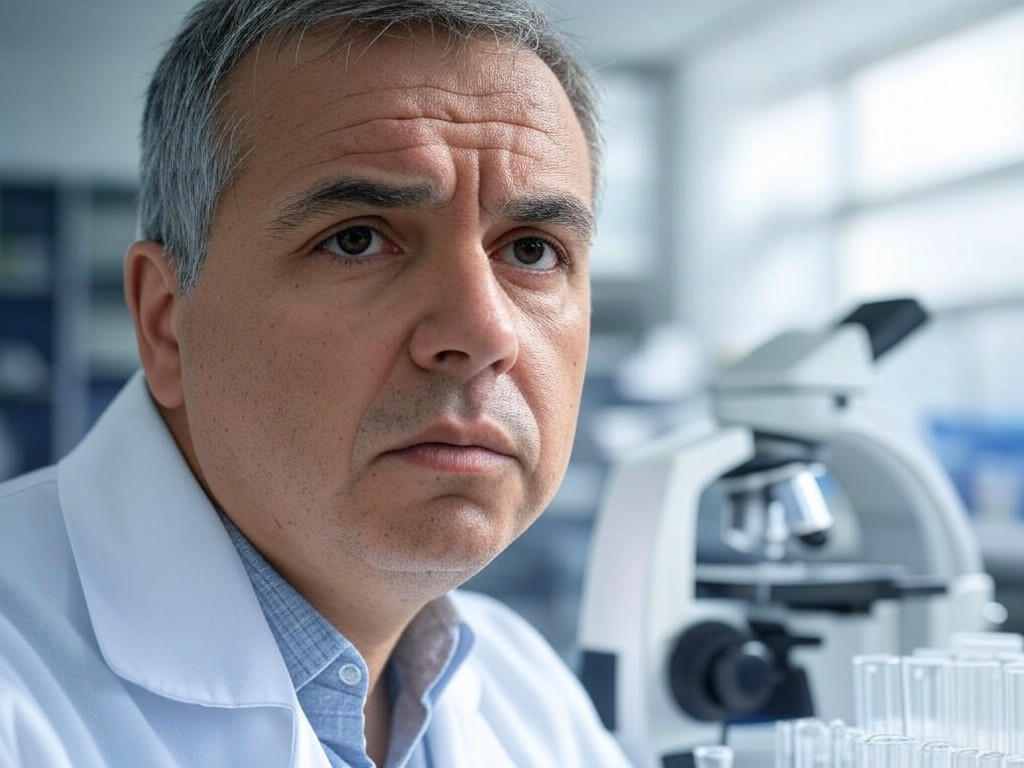In a significant blow to the biotechnology sector, a leading company has suspended its clinical trial for a groundbreaking gene therapy following the heartbreaking deaths of two patients. The therapy, aimed at combating Duchenne muscular dystrophy (DMD), a severe genetic disorder that primarily affects young boys, had been hailed as a potential game-changer. Priced at over $3 million per treatment, it represented both a monumental investment in medical innovation and a beacon of hope for families grappling with this debilitating condition. However, the recent tragedies have cast a shadow over its future, raising critical questions about safety and the ethical boundaries of cutting-edge treatments.
The company behind the therapy, a prominent player in the biotech industry, announced the pause after the second patient passed away under circumstances linked to the experimental treatment. While specific details about the incidents remain limited, the news has sent ripples through the medical and investment communities. DMD is a progressive muscle-wasting disease with no known cure, and gene therapy has long been viewed as a promising frontier. By targeting the root genetic cause, the treatment sought to slow or even halt the disease’s devastating effects. Yet, the loss of two lives underscores the high stakes involved in testing such novel approaches. The biotech firm has pledged a thorough investigation into the deaths, working closely with regulatory bodies to assess whether the therapy itself contributed to the adverse outcomes or if other factors were at play.
This development also reignites broader debates about the risks versus rewards of gene-editing technologies. While these therapies hold immense potential to transform lives, they are not without peril. Side effects, immune responses, and unforeseen complications can emerge during trials, often with tragic consequences. For patients and families desperate for solutions, the decision to participate in such studies is fraught with emotion and uncertainty. Meanwhile, investors who poured significant resources into the $3 million-per-dose treatment now face uncertainty about its viability. The company’s stock has taken a hit, reflecting market concerns over the trial’s suspension and the potential for stricter regulatory scrutiny moving forward. Beyond financial implications, this setback could slow the momentum of gene therapy research as a whole, prompting caution among other firms pursuing similar innovations.
As the investigation unfolds, the biotech community and DMD advocates are left grappling with a sobering reality: medical progress often comes at a steep cost. The company has expressed its deep condolences to the families affected and reiterated its commitment to patient safety above all else. Whether this therapy can recover from this crisis remains to be seen, but for now, the pause serves as a stark reminder of the delicate balance between innovation and responsibility. The hope is that lessons learned from this ordeal will pave the way for safer, more effective treatments in the future, ensuring that the sacrifices made are not in vain.
